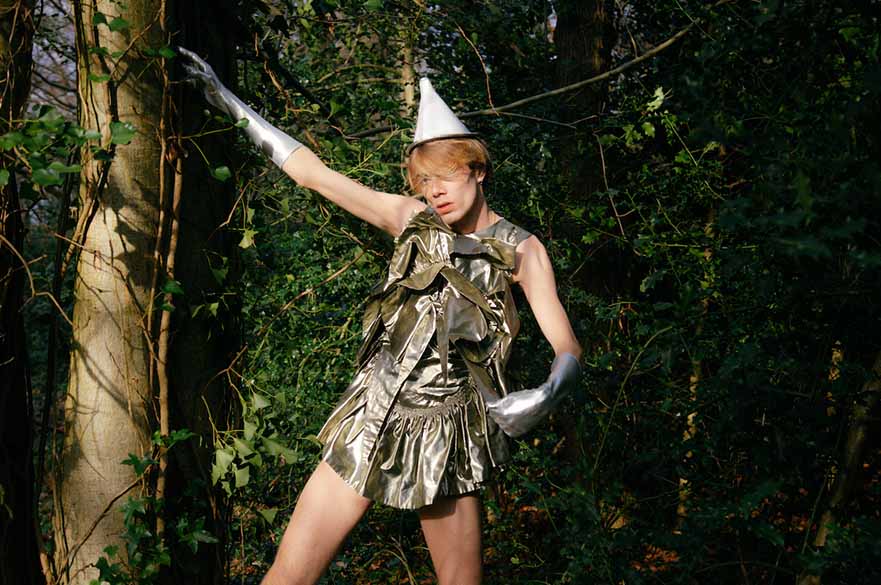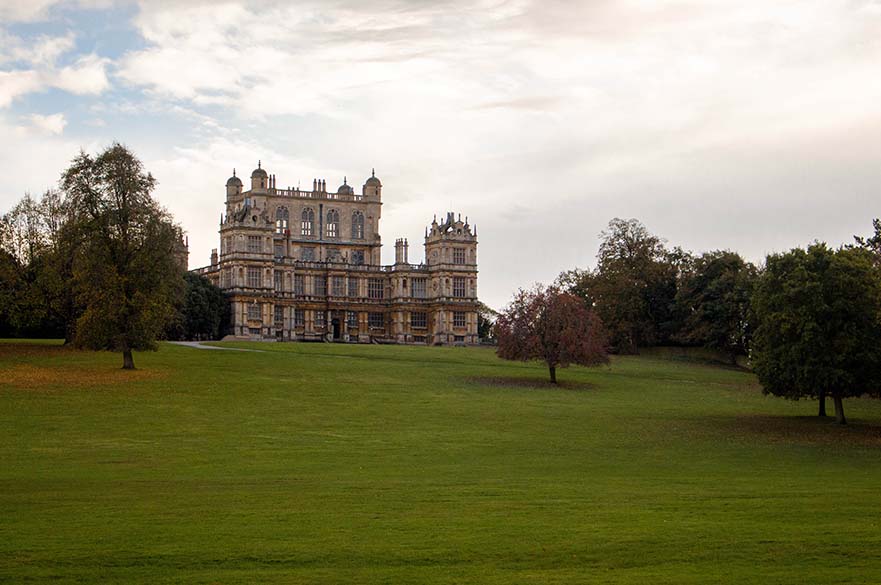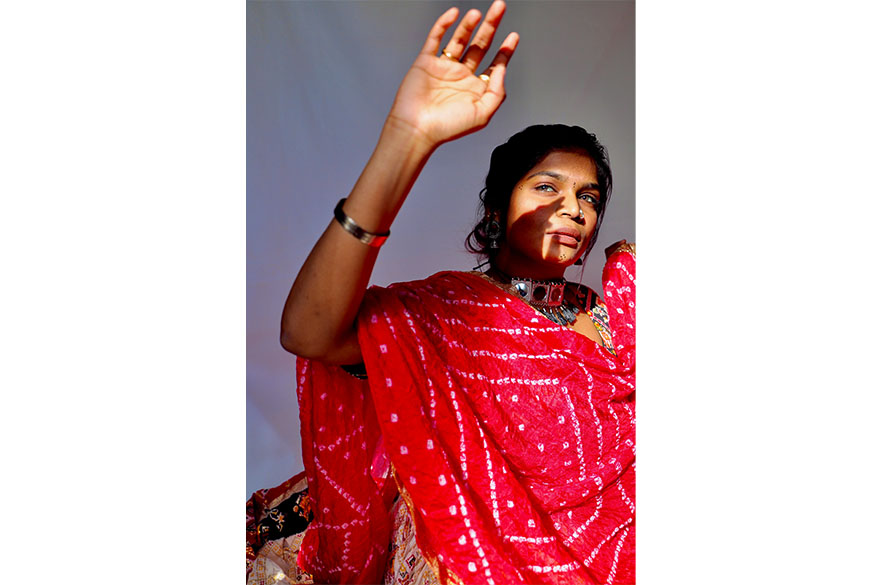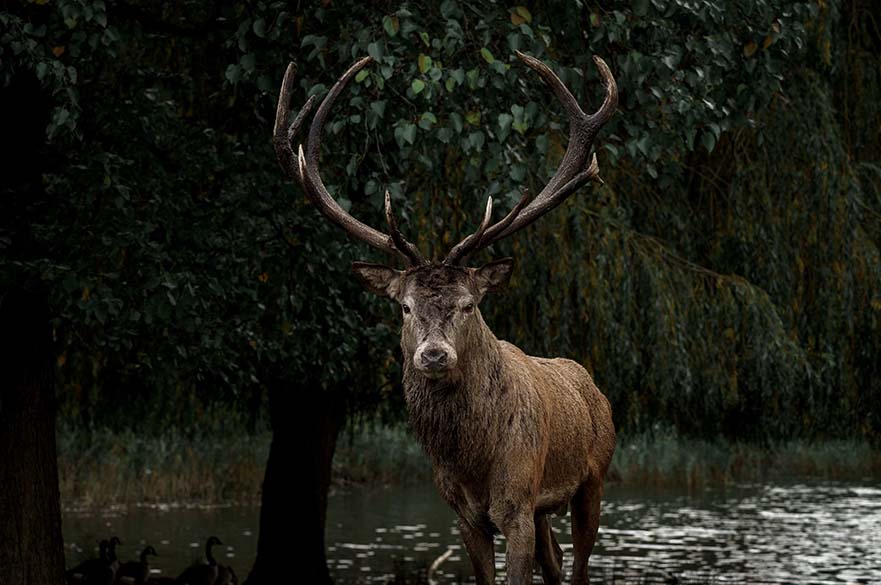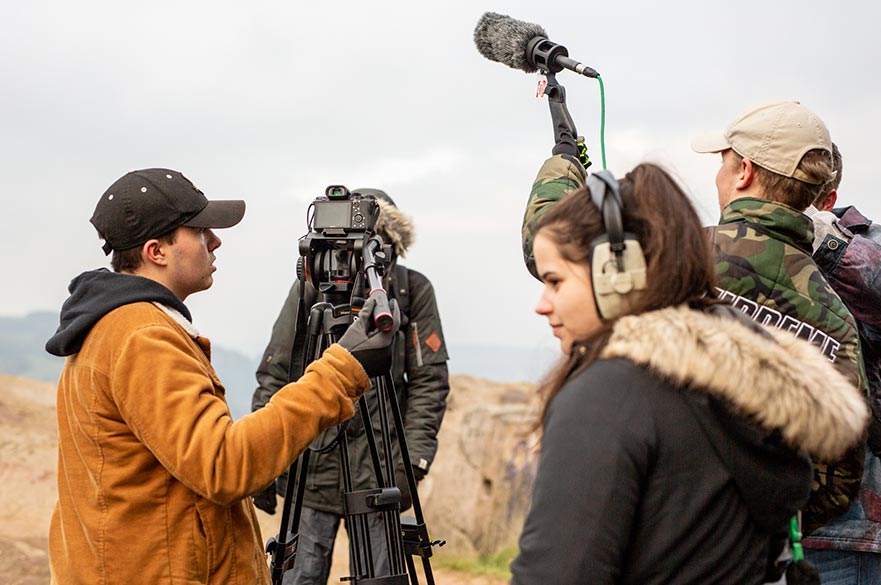About this course
Explore all aspects of what it means to be a professional photographer in the 21st Century on this degree course.
Learn practical skills including exposure and metering, digital workflow, colour and black and white printing, studio lighting, large and medium format, planning and installing exhibitions, professional photographic portfolio development and moving image.
You’ll work across the subject of photography choosing to focus on areas such as art, documentary, editorial, commercial, advertising and critical writing on photography, tailored to your own personal interests and career aspirations.
With access to traditional and digital photographic facilities with industry-standard equipment, you’ll learn how to use and adopt skills to develop your creativity, working between analogue and digital. Explore a range of self-directed learning experiences combining practice with theory, enabling you to develop your creative style and establish your unique photographic practice.
Our graduates are leaders within the creative industries and you will be joining an extended alumni club who help us to create opportunities for you in terms of work experience and graduate career prospects.
-
You’ll have the opportunity to complete a work experience placement of up to a year in length. Dependent on the duration of your placement, you could gain an additional Diploma or Certificate in Professional Practice.
-
Work broadly across the subject, including art, documentary, editorial, advertising and fashion photography, and critical writing.
-
Develop your professional skills through live projects, industry competitions, and collaborations with organisations. You will also benefit from our guest lecturer series, with speakers from a range of photographic practices.
-
Opportunity to apply for a European or international exchange to one of our partner institutions, such as RMIT in Australia.
15
What you’ll study
Develop your creativity and independence to establish your own unique photographic practice, investigating areas such as art, documentary, editorial, commercial, advertising, fashion photography and critical writing.
There is an opportunity for students to undertake a placement year, and transfer to the Sandwich route, please see further details in the ‘Year Three’ section below.
History, Context and Near Future of Photography
(40 credit points)
This module begins students on a journey they will undertake as photographer, subject and audience, through Photography’s ever-expanding world.
It encourages you to explore the photographic world through global, historical, technological, ethical and theoretical perspectives, providing a foundational toolkit for conceptualising and contextualising your practice.
You will understand the huge cultural influence that photography has in society as the module challenges you to rethink what you know about the subject.
Through a combination of interactive-lectures and research-driven, presentational tasks, the module challenges students to rethink what they know about the subject and develop a vocabulary that will further your visual literacy and professional integrity.
Exploring Photography
(40 credit points)
Through play and exploration, this module requires you to interrogate and challenge your understandings of what photography is as a medium and can be as a practice. Through hands-on iterative workshops you will make work responding to themes and concepts, that require the acquisition, development, and application of a range of conceptual and practical skills.
The module aims to:
- Provide you with space to play, create, explore, and question photography
- Encourage you to think about visual literacy
- Introduce you to explore technical skills to employ and develop individual competence
- Apply these skills to create images that explore critical ideas
- Develop the confidence to experiment as a photographer
- Explore the limits of photography
- This module foregrounds the value of manifesting ideas and concepts through doing. The emphasis is on an iterative making process in response to briefs that require you to apply a variety of photographic strategies.
The workshops will introduce you to technical skills such as traditional darkroom, digital, studio and location working, alongside the conceptual grammar of photography. The work you make will represent a practical exploration of the issues encountered in the “History, Contexts and Near Future of Photography” module.
Situating Photography
(40 credit points)
This module builds on the foundation of knowledge and skills developed in 'Exploring Photography' and continues to draw upon the concepts introduced through the concurrent ‘History, Context and Near Future of Photography’ module. Your work here will begin a practical investigation of the tensions between audience, photographer and subject, in a variety of identified contexts and discourses. You will explore narrative and the construction of meaning through image-making.
The emphasis is on empowering you to take ownership of your direction of study through self-initiated projects that you are passionate about. You’ll identify audiences relevant to your work and through processes of experimentation you will innovate new experiences and possibilities for photography.
Photography and the World
(40 credit points)
The module develops your understanding of the complex nature of representation and continues guiding you towards a more self-directed practice. You will make, think, and write about photography and visual cultures, considering audience, narrative, and impact. You will utilise short and long-form storytelling in the process.
It aims to:
- Provide experience of making creative, experimental, and critically informed word
- Develop understanding of critical strategies in the interpretation, analysis, and practice of photography
- Develop a more sophisticated awareness of your emerging practices
- Continue to develop new skills and approaches
- Consider the contexts of your work’s conception, construction, and consumption
- Themes explored come from contemporary photographic culture and may include issues such as surveillance and the data image, documenting the twenty-first century, temporalities of still and moving image, activism, ethics of participation and class perspectives, the ethnographic portrait and colonial discourse, space, place, architecture, and the Anthropocene landscape.
Optional module
You will also choose one 20-credit module from:
- Publishing: Experimental Formats
- Typography: Use and Expression
- Digital Marketing and Communication
- Music Video
- Sound Art & Design
- Live Art / Collisions
- Drawing & Exploring with Natural Materials
- Ecological Futures: A Creative Response
Live Assignments
(40 credit points)
This module offers students the opportunity to further develop and apply the thematic and practical tools accrued in the first year, through a series of simulated work-like assignments. The emphasis is on moving creatively from interpreting a client brief, to ideas, to realisation, enabling students to interrogate their own creative process while ensuring a client’s intent is clearly and compellingly communicated. Students are directed to foster creative and collaborative approaches to problem solving through a series of briefs representing different career strands and outputs.
This is supported by ongoing research, encouraging students to continue developing an informed and critical perspective, simultaneously helping them to locate industrial opportunities.
By the end of the module, students will be more confident in developing and resolving ideas-driven creative processes that can be applied in different contexts, for different audiences. They will be comfortable constructing coherent and evocative image-based narratives that fulfil briefs whilst forging individual style.
Co Lab: Research, Exploration and Risk-taking
(20 credit points)
Through active participation with team-based problem-solving, you will work together in mixed teams on a project where you will use your creative ideas to generate solutions to the challenge or brief. Your project will allow you to explore how creativity can make an impact in society, as you choose a theme of sustainability, social justice, enterprise and innovation or community. This collaborative learning experience will expose you to a range of new processes and approaches that will develop your creative thinking.
Optional Placement Year (Sandwich)*
We have an option for all of our students to undertake a placement year (Sandwich) and allow you to decide whether this is right for you once you have completed years 1 and 2 of your course. This time spent working in industry provides our students with crucial work experience, which is highly prized and much sought after by employers upon graduation. If you are successful in securing a placement you will have the chance to gain an additional Certificate or Diploma in Professional Practice, dependent on duration.
The additional placement year incurs a fee. For international students considering the transfer to the 4-yr SW route it’s important to seek advice from the International Student Support team and the Home Office regarding any potential visa implications and costs. For UK students, advice should also be sought regarding SLC eligibility, if applicable.
* If you choose to take the sandwich route option, you will still need to apply for this course with the full-time UCAS code: W640
The recent past and near future of creative storytelling
(20 credit points)
This module introduces students to a range of internationally recognised figures drawn from industry, academia and popular culture. It facilitates student engagement with a wide range of questions, concerns, ideas and practices that are animating the creative industries. The module brings student thinking into live and direct contact with industry, enabling them to road-test their theories, pitch their ideas and make valuable real-world connections. The series offers students invaluable opportunities to research connected audiences (both technologically and thematically connected) from their position at the centre of the discussion.
By the end of the series, students will have first-hand knowledge of compelling storytelling, its constituent parts, its’ production process, its’ intended purposes, applications and impact. They will have been central to internationally networked conversations, seen how they and their participation has been rendered digitally and recognised their impact and the impact of others, on that network. They will have had opportunities to extend their professional networks of industry contacts and related audiences.
Workspace
(40 credit points)
In this module you will write/set a negotiated brief with guidance from your tutor and produce a final major project realised in a form appropriate to the subject matter. You will test ideas and explore contextual themes of your subject to establish your project. You are required to be innovative and establish the ambition of your photographic practice. Through informed critical research and developmental ideas, you will evaluate your work in progress and its relational context in photographic cultures.
By the end of this module, you will have explored and developed bodies of work in progress which have explored several ideas, identified prospective audiences, and considered strategic approaches to participate in public dialogue.
First Edition
(60 credit points)
In this module you will complete your final major project to the fullest expression of its creative resolution, produced ready for audience engagement. It is where your passion and creative vision take form as a physical or digital interface.
This is a self-directed module, with tutors taking a supporting role, providing guidance in regular formative feedback. By the end of this module, you will have identified and engaged with prospective audiences (employers), ready to share with them compelling visual experiences built on a strong contextual understanding and practical foundation. You will demonstrate an ability to speak clearly with images, to be heard and taken seriously in the world of photography with the ‘First Edition’ of your work.
We regularly review and update our course content based on student and employer feedback, ensuring that all of our courses remain current and relevant. This may result in changes to module content or module availability in future years.
Don’t just take our word for it, hear from our students themselves
Student Work
Video Gallery
How you're taught
Teaching and learning experiences will include:
- lectures and seminars
- studio workshops
- darkrooms
- on location practical demonstrations
- portfolio reviews
- tutorials
- live projects
- study trips
- peer and self-evaluation.
A series of technical workshops will help you to develop practical skills, and will include:
- exposure and metering
- black and white film processing
- colour printing
- black and white printing
- digital workflow (scanning, processing, printing, and managing your digital images)
- large and medium format
- moving image.
Collaboration across courses
This course offers our new innovative collaboration module. This gives you the opportunity to work collaboratively with your contemporaries from a range of different art and design subjects and beyond. You’ll be working alongside artists, designers, illustrators, animators, and filmmakers on daring and creative projects that prepare you for a rewarding career in your chosen industry. Your project will allow you to explore how creativity can make an impact in society, as you choose a theme of sustainability, social justice, enterprise and innovation or community.
International exchanges and study trips
Go on organised study trips to galleries, exhibitions and cultural cities, both in the UK and abroad. Recent destinations have included: Hepworth Gallery, Yorkshire; Paris Photo; European Month of Photography, and Berlin.
If you’re thinking about studying part of your degree abroad, the course has exchange agreements with a number of institutions around the world.
Exchanges take place in Year Two of the course. You’ll receive guidance from the university about where you can go and study, and help in completing your application and arranging your exchange.
Recent destinations include FAMU, Czech Republic; Universitat de Barcelona, Spain; École Supérieure d’Art et Design, France; and RMIT, Australia.
Showcase
You will be given the opportunity to exhibit your work during your time at NTU to members of the creative industries. Visit our ‘We Are Creatives’ showcase to take a look at the work of this year's graduating students’.
You may also have the chance to be selected to exhibit your work at graduate exhibitions in London, such as New Designers and Free Range.
How you're assessed
You will complete a variety of assessments over the three years depending on the module, which are designed to ensure you meet the learning outcomes. Examples include
- The presentation of your visual work to your peers, and as you move through the course, to more public audiences. Presentation of this work will take different forms, such a studio critiques, pin-up shows, publications and exhibitions.
- Critical work in a variety of forms, requiring you to explore, to question and analyse ideas, concepts and cultures in depth.
- Research and development materials, evidencing your enquiry, experimentation, idea development and critical reading and exploration of ideas.
- Collaborative and group outcomes at designated points across your studies, to enable you to develop skills and abilities of working with others.
- Self-reflection and self-assessment activities to support your critical reflection on your own knowledge and understanding, abilities and academic and professional progress. This includes synoptic assessment which encourages you to reflect across the breadth of your learning.
- Negotiated and self-directed projects.
The course includes assessments which incorporate group and Live Projects that may be experimental in nature where your reflection on the process, skills and abilities you gain from undertaking the project are part of the assessment.
Feedback on your work and progress on the course is given regularly: in group sessions, presentations, seminars, tutorials and group workshops. It can be verbal, written or recorded. You will also have points during the module for formative feedback. This type of feedback is designed to help you understand your progress, strengths and areas for improvement in your work related to the learning outcomes which you are working to achieve by the end of the module.
All module assessments on your course are based on coursework. Some modules have elements, or parts of the module which you must successfully pass. At the end of each module, you will receive a mark and feedback on your achievement. This is referred to as summative assessment and feedback.
Careers and employability
The course prepares you for a career in photography or photo-related activities. Depending on your particular interest, you will identify your practice, and research picture agencies, image libraries, arts organisations, and photographers' agents.
You'll learn about proposals and CVs; how to cost your work; how to prepare estimates and invoices; and your rights, responsibilities and obligations as a photographer.
You’ll enhance your employability through things like live projects, guest lectures, industry visits, and work experience.
The following factors also continue to develop, to support the employability of our students:
- live projects
- guest speaker series
- industry visits
- work experience
- increasing contacts with creative businesses
- success of our alumni
- research profile of our academic staff.
Photography students work across the range of the creative Industries when they graduate. Roles include:
- photographer
- picture editor
- artist
- retoucher
- filmmaker
- curator
- teacher
- marketer
- community arts worker
- blogger
- writer
- musician
- stylist
- archivist
- freelancer.
Alumni have gone on to roles such as creative director at Jamie Oliver and companies such as Getty Sports Images.
YouFirst – working with our Employability team
Studying a creative degree in a large university has many benefits, none more so than having access to a large employability team.
Our friendly, experienced careers consultants will work closely with you at every stage of your career planning, providing personal support and advice you won't find in a book or on the internet. You can benefit from this at any time during your studies, and for up to three years after completing your course.
Connecting with industry
You’ll benefit from industry professionals from a range of photographic and creative industries practices visiting the course to guest lecture and share their experience. Recent events run by industry organisations for our students include:
- Genesis Imaging, London: bursary scheme
- Alamy 100% Student project: designed to promote, showcase and sell student images through an international picture library.
- Colorama brief: working with Vitec Manfrotto.
- The Hive: a live photographic project brief working with freelancers, in conjunction with Santander.
- Art UK Shadowing: opportunities for students to shadow photographers on commissioned projects.
Creative Industries Federation
We are members of the Creative Industries Federation (CIF), which means students in the Nottingham School of Art & Design have the opportunity to sign up to free student membership. Creative Industries Federation are an organisation that represents, champions and supports the UK’s creative industries and membership grants students exclusive access to their selection of resources and events to help advance your career and connect with industry.
Work placement opportunities
You’ll be encouraged to undertake work experience alongside your studies. Course staff and our Employability team will be on hand to support you.
Our photography students have recently gained work experience with companies and organisations such as:
- Surface Gallery
- JD Sports Fashion
- Impact Media
- Focus Gallery
- Nottingham Contemporary.
Campus and facilities
You’ll be based in the Bonington building, a dedicated art and design hub. View our Nottingham School of Art & Design Facilities Hub here. Recent sponsorship with WEX Photographic introduces NTU’s first Camera Club, bringing discounted equipment to both students and staff.
Entry requirements
UK students
- Standard offer: 112 UCAS Tariff points from up to four qualifications
- Contextual offer: 104 UCAS Tariff points from up to four qualifications
Other requirements:
To find out what qualifications have tariff points, please use our tariff calculator.
Additional requirements for UK students
There are no additional requirements for this course.
Contextual offers
If you don’t quite meet our entry requirements, we might be able to make you a lower offer based on a range of factors, including your background (such as where you live and the school or college you attended), your experiences and your individual circumstances (you may have been in care, for example). This is called a contextual offer, and we get data from UCAS to help make these decisions. We do this because we believe everyone with the potential to succeed at NTU should have the opportunity to do so, no matter what barriers you may face.
Meeting our entry requirements
Hundreds of qualifications in the UK have UCAS Tariff points attached to specific grades, including A-levels, BTECs, T Levels and many more. You can use your grades and points from up to four different qualifications to meet our criteria. Enter your predicted or achieved grades into our Tariff calculator to find out how many points your qualifications are worth.
Other qualifications and experience
NTU welcomes applications from students with non-standard qualifications and learning backgrounds, either for year one entry or for advanced standing beyond the start of a course into year 2 or beyond.
We consider study and/or credit achieved from a similar course at another institution (otherwise known as credit transfer), vocational and professional qualifications, and broader work or life experience.
Our Recognition of Prior Learning and Credit Transfer Policy outlines the process and options available for this route. If you wish to apply via Recognition of Prior Learning, please contact the central Admissions and Enquiries Team who will be able to support you through the process.
Getting in touch
If you need more help or information, get in touch through our enquiry form.
International students
Academic entry requirements: 112 UCAS Tariff points from up to four qualifications. We accept equivalent qualifications from all over the world. Please check your international entry requirements by country.
Other requirements:
English language requirements: See our English language requirements page for requirements for your subject and information on alternative tests and Pre-sessional English.
Additional requirements for international students
If you need help achieving the academic entry requirements, we offer a Foundation preparation course for this degree. The course is offered through our partner Nottingham Trent International College (NTIC) based on our City campus.
English language requirements
View our English language requirements for all courses, including alternative English language tests and country qualifications accepted by the University.
If you need help achieving the language requirements, we offer a Pre-Sessional English for Academic Purposes course on our City campus which is an intensive preparation course for academic study at NTU.
Other qualifications and experience
If you have the right level of qualifications, you may be able to start your Bachelors degree at NTU in year 2 or year 3. This is called ‘advanced standing’ entry and is decided on a case-by case basis after our assessment of your qualifications and experience.
You can view our Recognition of Prior Learning and Credit Transfer Policy which outlines the process and options available, such as recognising experiential learning and credit transfer.
Sign up for emails
Sign up to receive regular emails from the International Office. You'll hear about our news, scholarships and any upcoming events in your country with our expert regional teams.
Getting in touch
If you need advice about studying at NTU as an international student or how to apply, our international webpages are a great place to start. If you have any questions about your study options, your international qualifications, experience, grades or other results, please get in touch through our enquiry form. Our international teams are highly experienced in answering queries from students all over the world.
Policies
We strive to make our admissions procedures as fair and clear as possible. To find out more about how we make offers, visit our admissions policies page.

